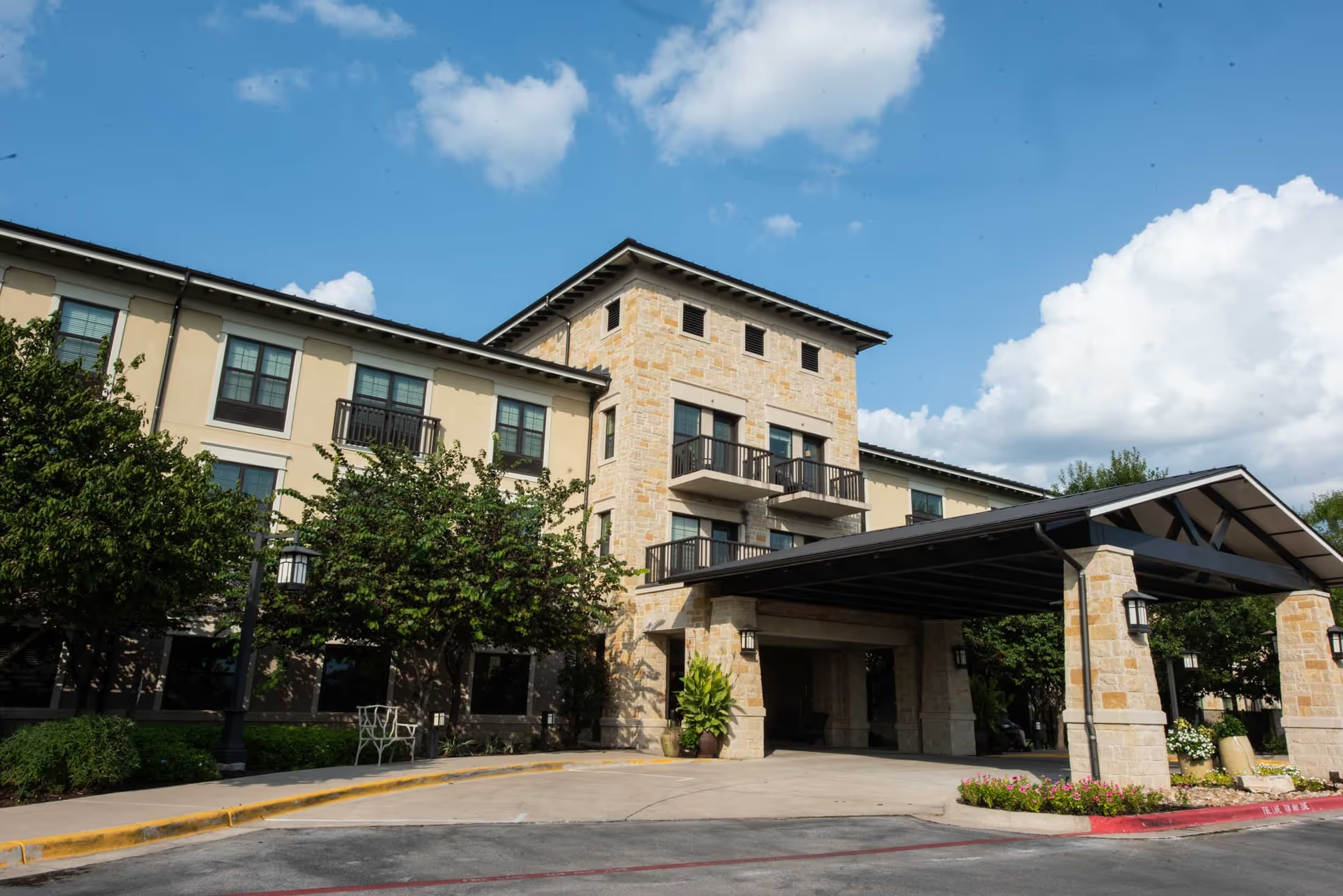Overall sentiment across the reviews for The Madison On Marsh is sharply mixed, with clear, repeated praise for the facility's rehabilitation program and individual clinical staff juxtaposed against numerous, serious safety, administrative, and care-quality concerns. Many families report excellent therapy outcomes, compassionate therapists, attentive nurses and CNAs on certain shifts, and successful short-term rehab stays with controlled pain and measurable recovery. At the same time, a substantial number of reviews describe neglectful care, missed treatments, medical errors, and poor management that in several cases led to re-admission to hospital or near-harm incidents.
Care quality and clinical management show a pronounced split. Positive reviews consistently highlight strong, motivating therapists and successful rehab trajectories: individualized therapy, encouragement, and measurable improvement are frequent themes. Some reviewers felt “spoiled” and well cared for, noting attentive clinicians, responsive nursing during urgent events, clean rooms, and effective pain management. Conversely, many reviewers recount dangerous lapses: delayed or missed medications (including at admission), missed vital signs and glucose checks, lack of a prescribing physician when needed, multiple ambulance transports, untreated bedsores, fractured injuries, pneumonia, hallucinations, and other serious outcomes. Several reports indicate that clinical mistakes or omissions directly contributed to clinical deterioration and hospital readmission.
Staffing and staff behavior are central drivers of reviewers’ experiences. A recurring pattern is high variability in staff competence and attitude: some CNAs, nurses, therapists, and administrative staff are described as caring, professional, and responsive, while others are described as apathetic, rough, or unprofessional. Short-staffing is repeatedly cited as a root cause—families describe residents left unattended for long periods, prolonged time in soiled clothing, poor restroom assistance, and weekend delays in response. Positive accounts often single out specific staff members and therapy teams as exceptional, but negative accounts emphasize systemic problems: aides who lost or mishandled clothing, staff who yelled at family members, and executive-level personnel described as rude or defensive.
Facilities, cleanliness, and safety produce mixed signals. Many reviewers praise the building’s appearance, describe it as peaceful and cheery, and note comfortable rooms and available activities. However, there are alarming reports of hygiene lapses—ants in beds, foul odors, and soiled linens—and safety vulnerabilities such as staff not wearing badges and unidentifiable entrants. Regulatory concerns are also reported: at least one reviewer mentioned two Level 4 citations and poor inspection scores. These contrasting observations suggest the physical environment can present well superficially while operational and infection-control weaknesses exist in practice.
Administration, communication, and discharge processes are frequent sources of dissatisfaction. Numerous reviews describe poor, misleading, or non-existent communication from administrative staff, social workers who do not follow up, chaotic and disorganized discharges, and coercive attempts to obtain signatures or settle billing. Families cite difficulty reaching staff by phone, unreturned calls, and an executive director who was perceived as rude or unhelpful. Positive accounts note helpful finance office staff and assistance obtaining Medicaid or arranging long-term placements, but these are overshadowed in many reviews by stories of billing pressure and administration-led distress.
Dining and activities are generally seen as adequate to good but not uniformly excellent. Several reviewers enjoyed meals and social programs and appreciated the activity director's efforts and daily engagement opportunities. At the same time, some menu items—particularly pureed meals—were disliked, and some families supplemented meals with food from home. Activity offerings appear to provide meaningful social interaction for many residents, contributing to feelings of peace and being cared for in some cases.
Notable patterns and caveats: many critical incidents are reported at key transition points (admission, weekends, and discharge), suggesting inconsistent staffing and handoffs. Positive and negative reports frequently coexist in families’ experiences—some who initially had a poor or disruptive start later found the rehab team exceptional, while others describe steady decline despite apparent facility niceness. Because the reviews show substantial variability by shift, staff member, and probably unit, individual experiences may differ widely.
In summary, The Madison On Marsh elicits polarized feedback: it delivers excellent rehabilitation and compassionate care in many cases—anchored by standout therapists, some attentive nursing staff, helpful finance support, and pleasant facilities—but also demonstrates systemic weaknesses that have led to serious safety incidents for other residents. Prospective residents and families should weigh the facility’s strong rehab reputation and convenient features against repeated reports of medication and monitoring lapses, administrative dysfunction, safety/security concerns, and inconsistent staff behavior. If considering this facility, ask specific, documented questions about staffing ratios, medication administration protocols (including weekend coverage), incident and infection control history, badge/entrance security, recent inspection citations, and the facility’s process for physician coverage and discharge planning to help assess risk and likelihood of a positive outcome.







